Polygon Builder Series vol.3 — Theo Gonella From 0x

Polygon Builder Series is a video and blog series where our host Nemo talks with fellow builders on Polygon.
Our guest today is Theo Gonella from 0x.
0x is an important infrastructure for the emerging crypto economy and enables markets to be created that couldn’t have existed before. As more assets become tokenized, public blockchains provide the opportunity to establish a new financial stack that is more efficient, transparent, and equitable than any system in the past.
Polygon and 0x are supporting builders with 10M fund. Make a proposal at https://gov.0x.org/.
Read more about the fund here.
Are you building on Polygon or interested to start? Apply here https://polygon.technology/developer-support-program/.
Catch the whole podcast below:
https://youtube.com/watch?v=QCCn9-zE99o
[00:00:14.420] — Nemo
Hi, everyone, and welcome to one more episode of Polygon Builder Series where I interview fellow builders. My name is Nemo and today I have Theo from 0x. Hi Theo.
[00:00:25.790] — Theo
Hi. Good afternoon.
[00:00:28.790] — Nemo
Yeah. So can you tell us a bit about yourself and also about the 0x.
[00:00:33.650] — Theo
Yeah, sure. I’m Theo. I am the product manager at 0x for the platform team and the liquidity teams. Basically what I do, I support the teams responsible for working with professional market makers, fetching liquidity via 0x API channels. And I also work with the platform team. So the core contracts, governance and data. 0x, What we do, we pretty much provide an avenue for decentralized exchange applications to fetch liquidity and transact over a decentralized exchange networks. The project started as a protocol. So 0x, you’ve heard of 0x protocol, which is again a protocol for basically decentralized exchange of crypto assets. But it has evolved over time. And most of the time people maybe think of us only as the protocol. But I want to rotate the conversation around 0x API. Actually, this is our main product, if you want. And also relevant for this conversation today, 0x API is really the gateway for decentralized exchange applications that want to provide their users best prices across all DEXes and pretty much worry only about the user experience. And we make that easier for you basically as a developer team. This is what we do. And among other things, we also build an application ourselves, which is Matcha. But I want to stress the fact that we are a developer platform. So we really welcome other developers utilizing 0x API and building their own experiences. But we do build one and it’s called Matcha. We launched it around a year ago and we are working hard to on board the next millions of users in DeFi.
[00:02:44.600] — Nemo
Can you tell us a bit about the reasoning behind coming to Polygon?
[00:02:53.330] — Theo
I want to demystify that quite a bit because we’ve been thinking about expanding to other blockchains since maybe a year ago. We talked with fans of other teams that are building amazing things around the blockchain space. We knew that ethereum had its limitations, have its roadmap, but the 0x protocol and the 0x family of of apps isn’t really tied to a specific blockchain. We believe in a world where they’re going to be tens of hundreds of them, depending on the use cases. We are just the beginning now. So the way we approached it was OK, all of these blockchains seem to have really strong narratives in terms of why the technology is better. However, for us, it’s a pretty substantial investment in terms of tech when it comes to porting to some protocol, because it works a little bit differently than other AMMs that are maybe a little bit easier to deploy. So for us, it was really hard to make a decision and the main KPI that we were looking at was user traction. That’s it. It really boils down to that we saw strong user growth on BSC at the beginning of the year and just right after we saw a strong user traction and growth on Polygon. And this is why we said, OK, there are users that really are banging at the door. They love the characteristics of Polygon and we want to give them a way to access our our services. And this is really how we approach the decision. Then obviously everything went smoothly also in the process. It was a pleasure to work with the Polygon team. So they’ve been really, really supportive and collaborative also makes it easier because it’s an EVM compatible chain. So, yeah, from a tactical standpoint, the barriers are lower. But yeah, for us it’s mainly the users. It was amazing to see how many users wanted to use Polygon apps and started using Polygon apps and keep using Polygon apps. We are seeing good growth there. We’re pretty happy with the launch.
[00:05:07.930] — Nemo
And also like while we are there, can you tell us a bit more, how was the development experience to port it? As you said, it’s not that easy for you guys to make the decision. It’s not like just like some plug and play kind of thing. So I’m really wondering, how was the development experience to port all of the things that you have?
[00:05:26.290] — Theo
Yeah, I have to say it’s not easy from an infrastructure standpoint because a lot of our infrastructure lives off chain our peculiarity in terms of our protocol. We pretty much represent liquidity off chain. And the on chain part is mainly settlement and 0x protocol is an interface basically or a standard that defines how the settlement works. So the deployment of contracts was fairly easy because of the characteristics of the two blockchain values being similar. The harder part is always the deployment of services off chain. But frankly, thanks to the experience we had with the BSC, we kind of learned what the gotchas were. So we were actually much faster with Polygon. So not a lot of unknowns there, we knew what to do and the process, I think, took maybe a couple of weeks. But again, that doesn’t really involve the the chain itself. It’s mostly challenges on our side. We need to deploy, for example, another instance of the API and we need to make sure that it runs well, that it has the right uptime. It’s really on our side, we need to duplicate the infrastructure.
[00:06:42.220] — Nemo
I would like to dive more towards 0x. So this is a part where I usually love to say, give us some alpha or give us some examples how users can utilize 0x?
[00:07:02.880] — Theo
Before we get to that, I forgot to mention one more challange. Another challenge is that Polygon is fast, block times are fast. So in a way it’s kind of a challenge, meaning that we have to make sure that for example, for fetching data from the machine, we have to physically run our scripting jobs much faster. So it’s a challenge, but also something nice to see, to be honest.
[00:07:21.970] — Theo
so, yeah, in terms of how to use 0x, I have to go to matcha for that, we take a lot of pride on what Matcha does and how it onboards users. So I think the best way to get your feet wet with how 0x works is a really visit Matcha.xyz and search your favorite assets polygon and start trading there. We take a lot of pride in the experience. We think it’s pretty smooth. And recently we launched a lot of updates on Matcha, actually, and some of them are only available on the ethereum right now. Soon, we hope to get those those onto Polygon too. One that I’m actually excited about, apart from dark mode, obviously, is the OTC tab, and it’s something that I work on with the liquidity team, actually, it provides a way for users to access basically professional grade liquidity coming from professional trading firms. There’s a lot of talking lately on Twitter, I see the intersection between TradFI and DeFi and in a way, this is really about that. There are professional firms that do market making on traditional markets that are getting more and more interested in DeFi markets. They see the potential there. They appreciate the characteristics, they are curious, and we work closely with them and we provide Matcha users a way to access that professional grade liquidity. It’s not on Polygon yet, but we’re working on it. So that’s an alpha.
[00:09:27.000] — Nemo
Let’s switch back to builders. So one cool thing that I know and I’m super excited to see is this 10 million fund support by 0x and Polygon. So can you tell us a bit about that initiative and how people can get involved in that?
[00:09:47.610] — Theo
Yes, absolutely. I’m very excited about that, and I think it sets a precedent to the entire community. Basically what happened is back when we were working on the integration of 0x, on to polygon. With the Polygon team we started thinking, OK, you know, how we can support the effort in trying to expand the ecosystem. What can we do to give an incentive to the community of developers and the obvious way is leverage monetary incentives in the form of tokens. And one easy way that we could have handled that was or maybe a typical way was polygon makes an agreement with 0x Labs, which is an entity that builds on 0x. We want to make sure it’s clear thayt 0x Labs is one of the contributors. But we want to make sure to give the DAO and the community of 0x holders the power to decide where and how to allocate incentives. So pretty much for as it was, you know, the click moment where we together with the Polygon team decided we should probably allocate these funds to the DAO. And that’s how it happened, that the Polygon Foundation committed seven million dollars in MATIC. We put 50 percent of that in 0x tokens and then we will basically, let the 0x DAO community, which we are part of, decide and discuss how to best use these funds. These are meant to be allocated to 0x integrators, other participants of the ecosystem or for other activities like grants or marketing or other things like liquidity mining.
[00:12:19.830] — Nemo
Let’s explore for a bit what could be the ideas for these type of services to use this grant for? Like DexGuru, Opin, MyCrypto, SetProtocol. So all of these either utilizing already 0x on ethereum or can use it. So let’s talk a bit and that. What could be the examples of good utilization of this grant program? I think that this can also be good for the builders that are listening so they can get the idea what kind of cool things can be considered for this grant program.
[00:13:29.420] — Theo
We’re eager to experiment. And a specific example that I can think of is these API integrators could be incentivizing their users to use their products by, for example, giving back some of the funds based on trading activity or trading contests or other things like that, or also leverage it for marketing. But, you know, I think the most tactical use of these funds would be that. Other things that are not necessarily within the scope of the curren 0x API integrator, for example, NFT marketplaces or other assets that really didn’t manage maybe to flourish as much with 0x on the ethereum because of gas costs. And I think it’s something that is missing. Another example that I see these funds being used, for example, could be. Funding the development of the 0x for the NFTs, another thing could be actually getting some ball rolling around token economics of the 0x network, we have a version of the economics live on ethereum since 2019. But for Polygon, we can start from scratch again and we are eager to experiment, when I say we, I mean, we at 0x labs, but we’re curious to see what we can do. This could be in a forms of an incentives to 0x, API integrators, based on thei trading activity or other things. We’re really not prescriptive. I think the conversation is just starting. So I would encourage all of those that want to participate and have an idea on how to put funds into productive use to get more users to participate in the forum. The conversation is very open and I think the community is very eager to hear proposals.
[00:16:18.870] — Nemo
That gets me to my last questions. So what are some DeFI legos that you think are either missing or that would be cool to be built on top of 0x? or also in our ecosystem in general?
[00:16:55.580] — Theo
Yeah, it’s an interesting question. We focus on primitives like again, 0x is really about an exchange. So at its core is very simple. The traditional finance market has a layers of financial products that make markets efficient. And I think that’s one thing that I’m eager to see over the next few years. So bringing not only spot markets, but then, you know, leverage markets, lending and borrowing, bringing credit, bringing all of these products that are starting to arise in DeFi. So pretty much bringing traditional financing to DeFi, but DeFi has the ability to create things that were not really possible in the traditional finance. The concept of flash loan, for example, is incredible.
[00:19:33.450] — Nemo
What would be your advice for somebody that is just now thinking should they change a career and come into our crypto space. What would be your advice for them?
[00:19:57.190] — Theo
I think the most tactical thing that I would suggest doing is to pick a project and spend time on their forum. Spend time on their dischord communities, telegram communities. There is some work to be done in terms of understanding what is going on. Pick one project, try to try to understand the dynamics. Spend time on a project that you find interesting, use it, go through all the barriers of setting up your wallet, understand what it means to experience the feeling of, OK, I’m now in control of my funds. I don’t have a bank that I can rely on if things go south.
[00:21:59.520] — Nemo
Thank you Theo. I’ll just repeat for our listeners that there are a couple of opportunities already there. 10 million fund. Also, there is developer support program for Polygon that you can apply to. and Polygon advocate program where you can apply and help us grow the ecosystem. That’s it from us today. Theo, once again, thank you for everything. It was a pleasure chatting with you.
[00:23:10.050] — Theo
Thank you too. Bye, everyone.



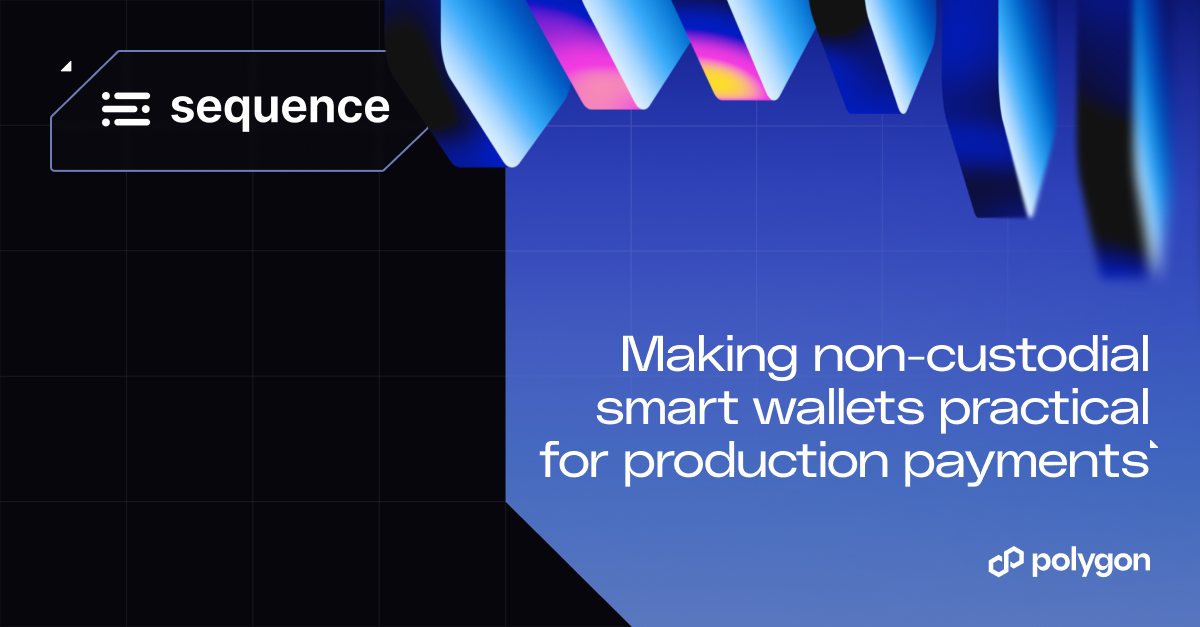


.jpg)
.jpg)
.png)

.png)

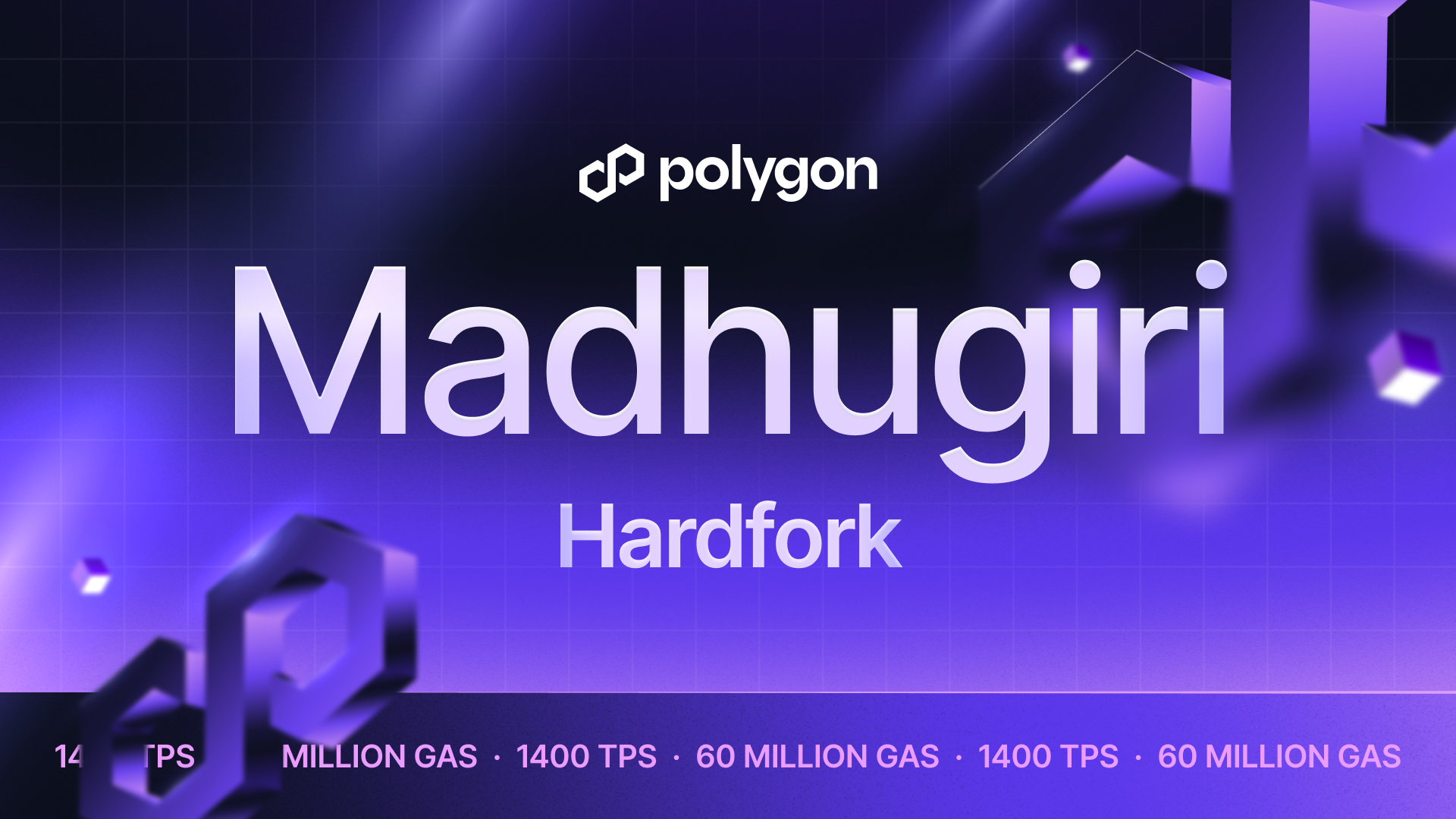
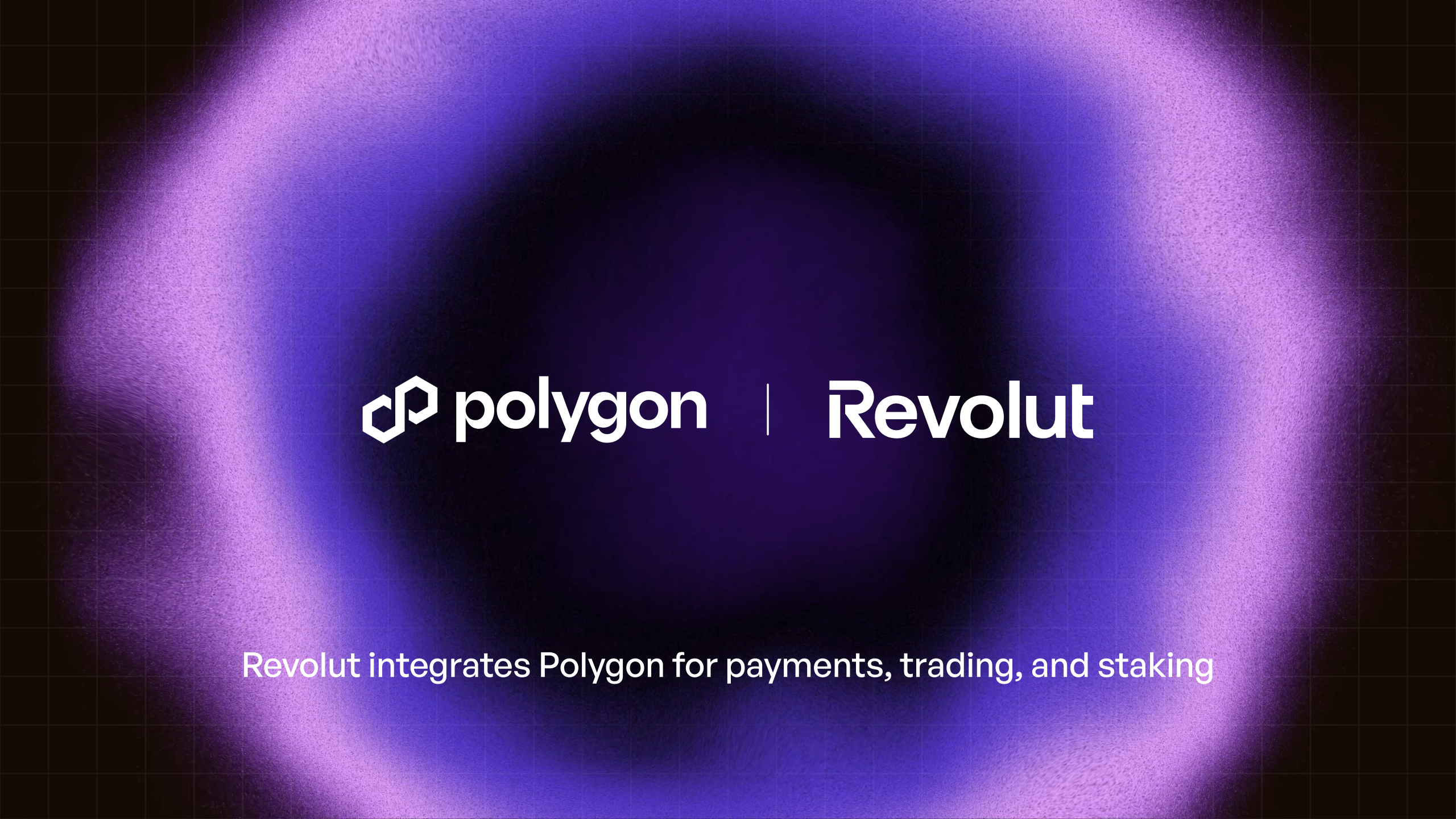
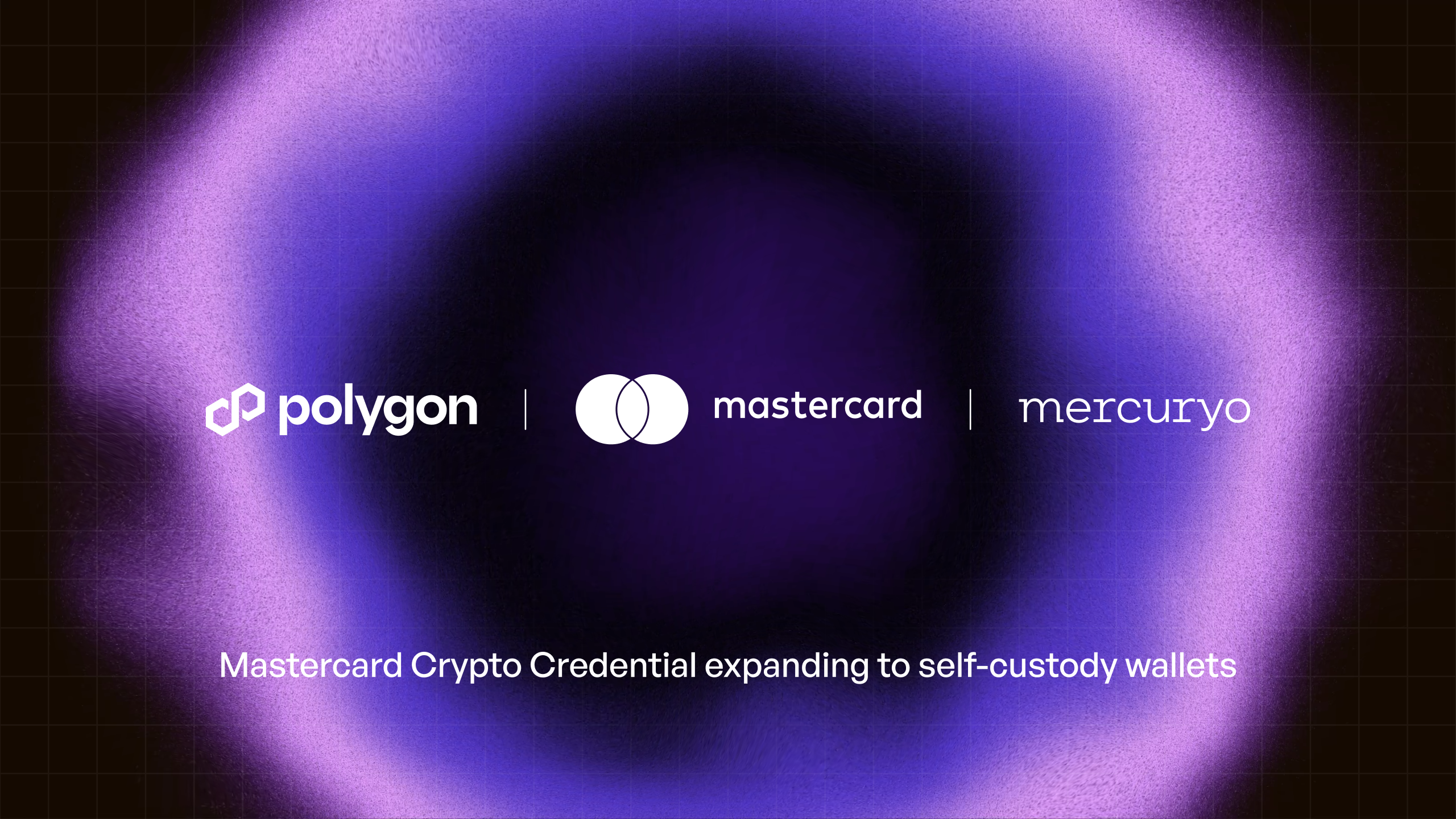
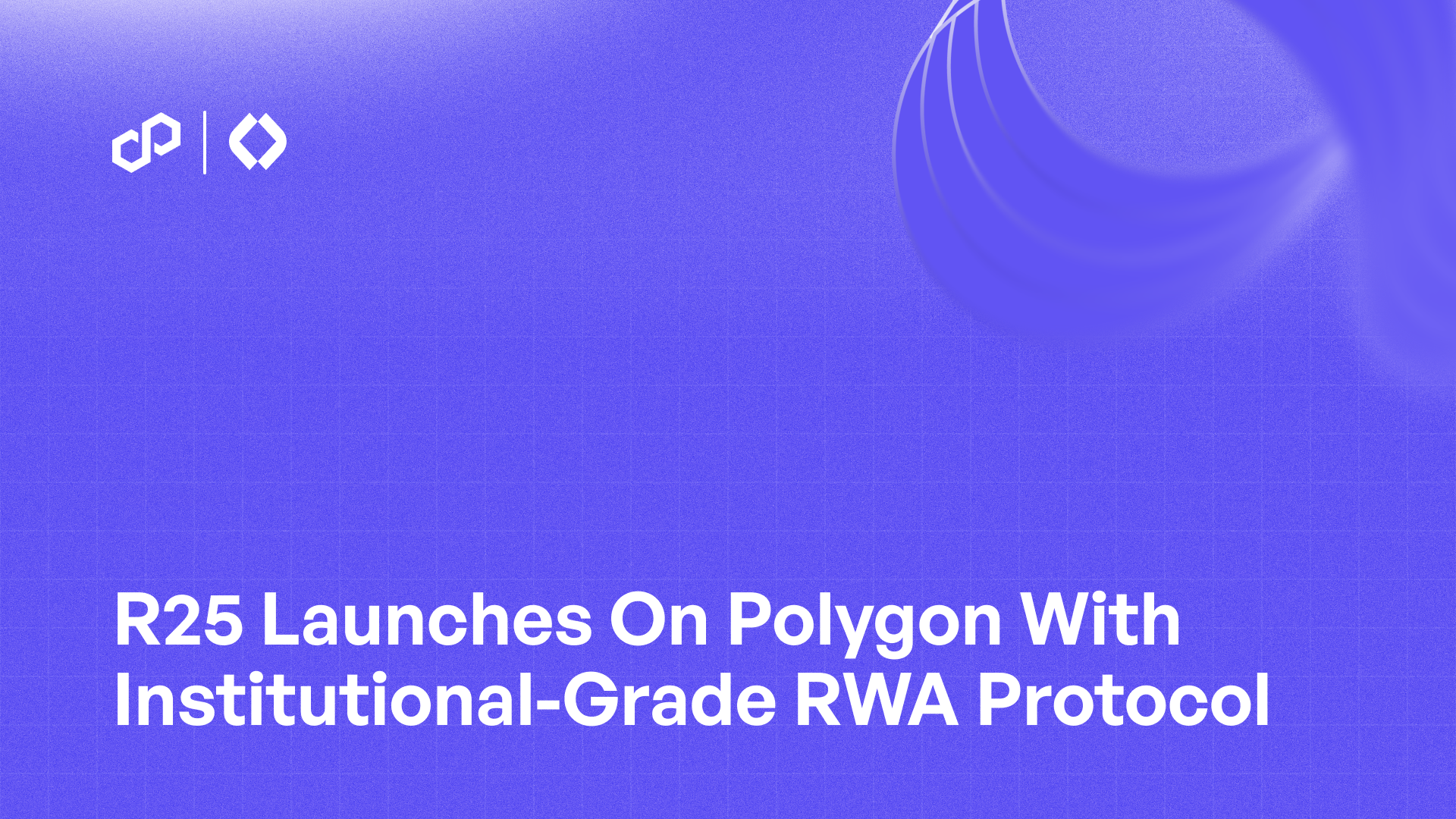
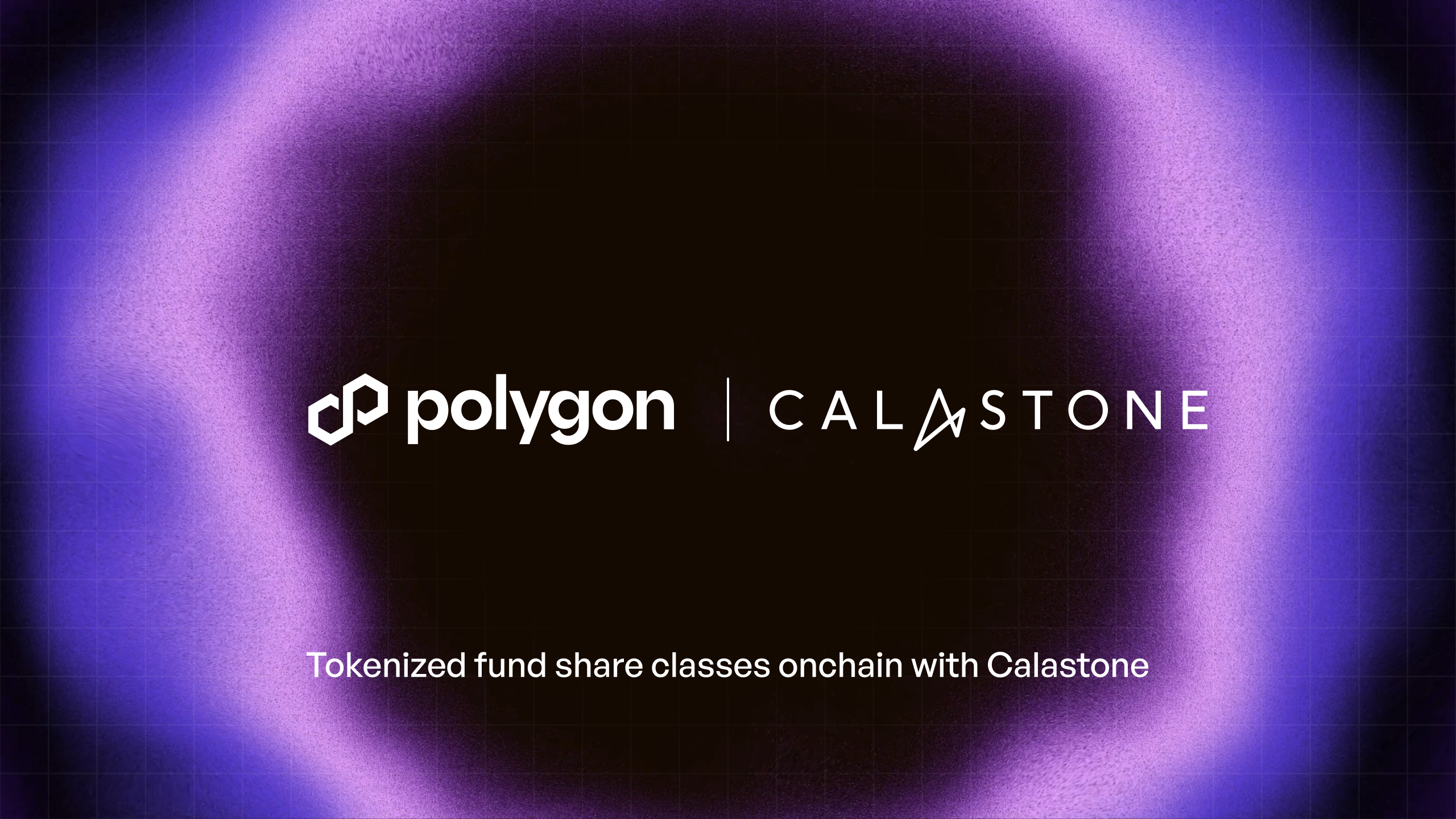
%20(1).png)